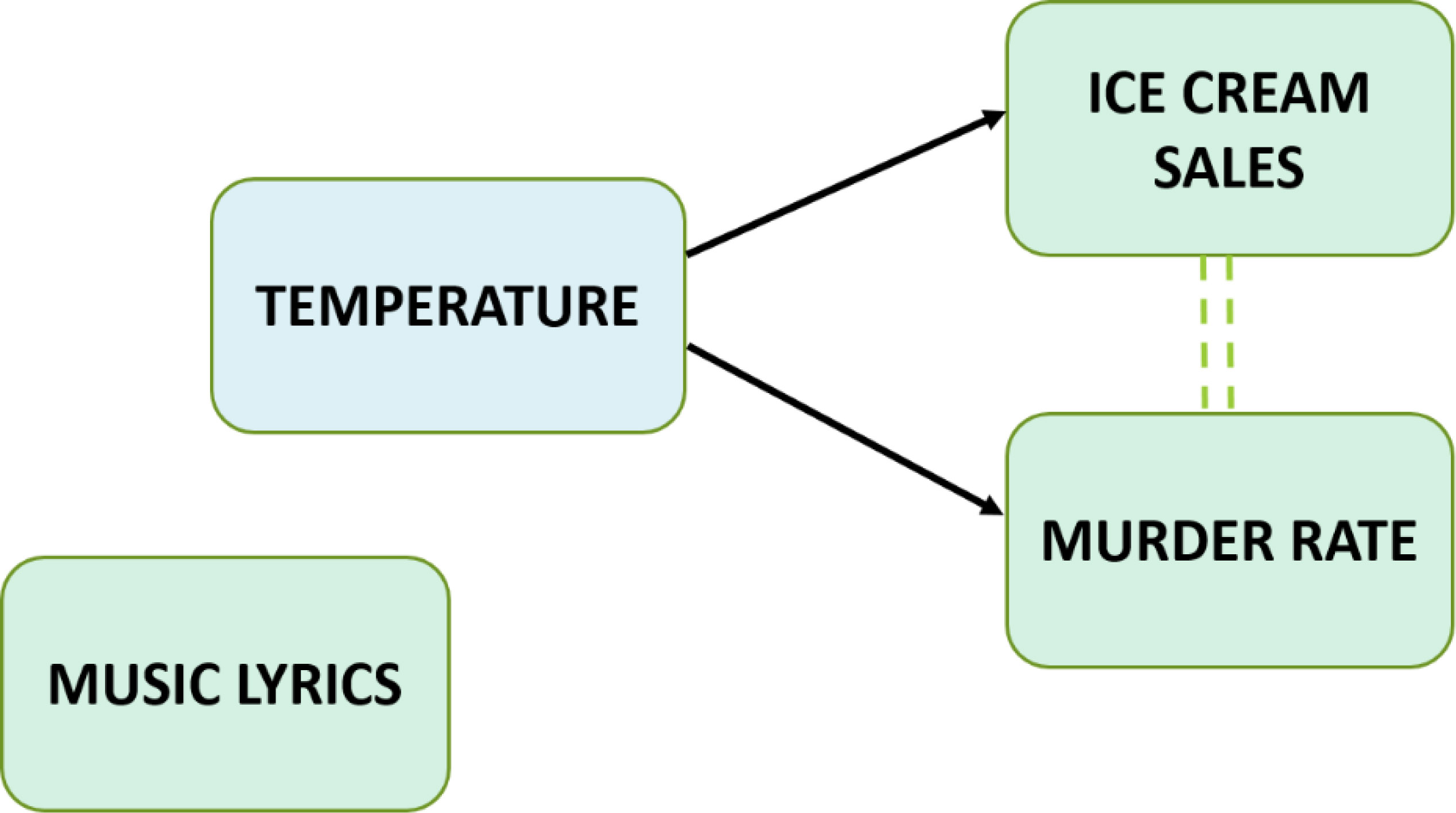
Spaced repetition serves as an effective method for improving memory retention and addressing the forgetfulness linked to cramming. This approach entails revisiting information at progressively longer intervals, which fosters more effective and lasting memorization. In today’s digital era, numerous applications aid in customizing spaced repetition schedules to fit individual requirements, helping users to effectively learn any material.
Michael Nielsen, a well-known proponent of spaced repetition, elaborates on its transformative effects in a Twitter discussion. He offers perspectives on how to choose appropriate content for memorization, gauge the ideal volume of information for each entry, and recognize that memory does not necessarily equal understanding. Nielsen’s passion underscores a significant change in the perception of memory—from an unpredictable event to a conscious decision requiring minimal exertion.
Many applications facilitate spaced repetition, with Anki being a favored option due to its open-source design and ability to synchronize across devices. Anki’s adaptable platform enables users to enter information on a computer and easily review it on mobile devices. This convenience supports memory reinforcement in everyday contexts, such as while waiting in line.
Notably, Anki may also help counter a common cognitive bias: the inclination to overlook facts that contradict entrenched beliefs. Charles Darwin acknowledged this bias and stressed the necessity of documenting counterintuitive findings in his research. Utilizing spaced repetition might enhance critical thinking by keeping these difficult facts readily available in one’s memory.
For those curious about the research underpinning spaced repetition, an extensive review by Weinstein, Madan, and Sumeracki delves into its educational effects, indicating that Anki’s framework may also inadvertently endorse other powerful learning techniques, such as retrieval practice and interleaving.
In summary, spaced repetition provides a structured methodology for learning and memory that can turn random recall into a strategic advantage. With tools like Anki, users can apply this technique in their everyday lives, improving both memory retention and cognitive strength.